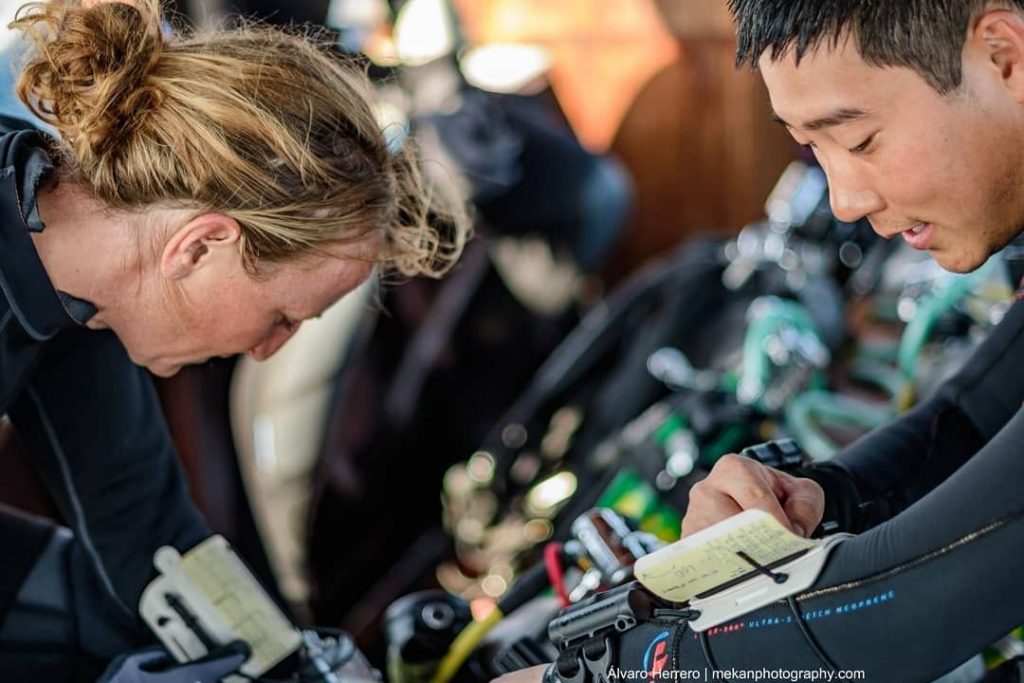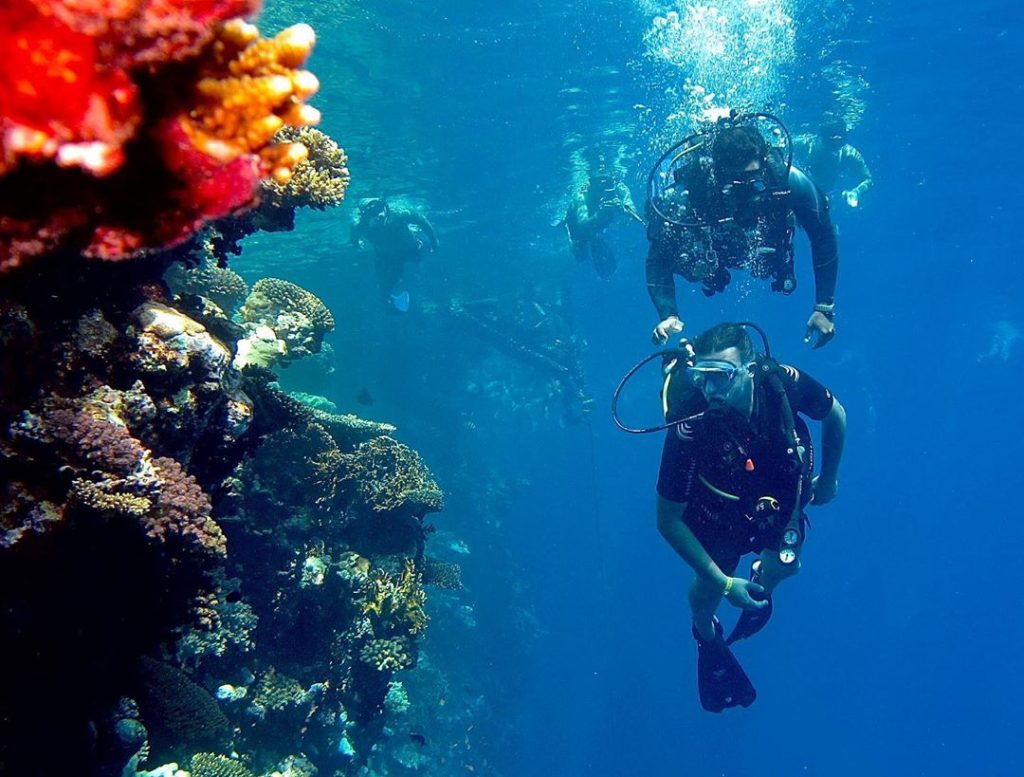As you complete your first Open Water certification, you become a fully licensed beginner diver. You will be ready for your first dive trip and, eventually, planning your own dive trip. On some of your few first dive trip, you might rely on local dive tours. However, eventually you will need to make a dive planning as your regular routine. Don’t just rely on your Divemaster. Dive planning help a diver to be aware of what to expect underwater, how to make it more enjoyable, what to do next, and everything that goes with it. Planning a dive might not be taught on your Open Water certification—but this is an essential diving lessons for beginners that you absolutely need to learn.

Diving Lessons for Beginners on Making a Perfect Diving Plan
Type and Objective of the Diving
What kind of diving are you heading to? Is it wall diving? Are you going for drift diving? Cavern diving? Night diving? Regular diving in shallow depth? It’s essential to know the type of your dive firsthand before moving on to the next plan. Also, if you just complete your diving lessons for beginners, you might be not qualified yet for some types of diving.
Plan the objective of your diving. Enlist what kind of marine flora and fauna you expect to see on the site. Make sure you and your dive buddy have the same pace for everything—especially on sightseeing.
Conditions of the Dive Sites

How’s the currents and visibility? Is the water warm enough for a 3mm dive-suit? Should you flag your buoy-marker all time due to the condition? Also, pay attention to the weather forecast. Is it going to be sunny all day? Should you expect rain sometimes during the day?
Is Your Diving Lessons for Beginners Enough for This Site?
This is essential to know on the earliest stage of the planning. Do initial research of the previous step, condition of the dive sites, at home. See if your license fit to the dive condition. If you just complete the PADI Open Water certification (or equivalent), you might not be qualified to dive deeper than 18 meters. You might also not advised to dive in strong currents, participate in drift diving, have cave diving, and other extreme diving. Check if you need to take specialty courses (e.g nitrox courses) before the dive.
More Travelling Stories:
What to learn during PADI Open Water Bali course?
Five Possibilities You Can Have in Komodo Diving Liveaboard
3 Adventurous Scuba Diving Spots in Bali for Beginners
Calculate the Depth, Time, and Air Limits
Here’s when the theories you’ve learned during the diving lessons for beginners. How deep is the dive site? Calculate the depth of the site with air supply and see how much time you can have underwater.
Are the Gear Goods?
Always check whether the equipments are good to go. Know when was the last time the gears maintained. Never ever dive with bad gears. They will only risks your life.